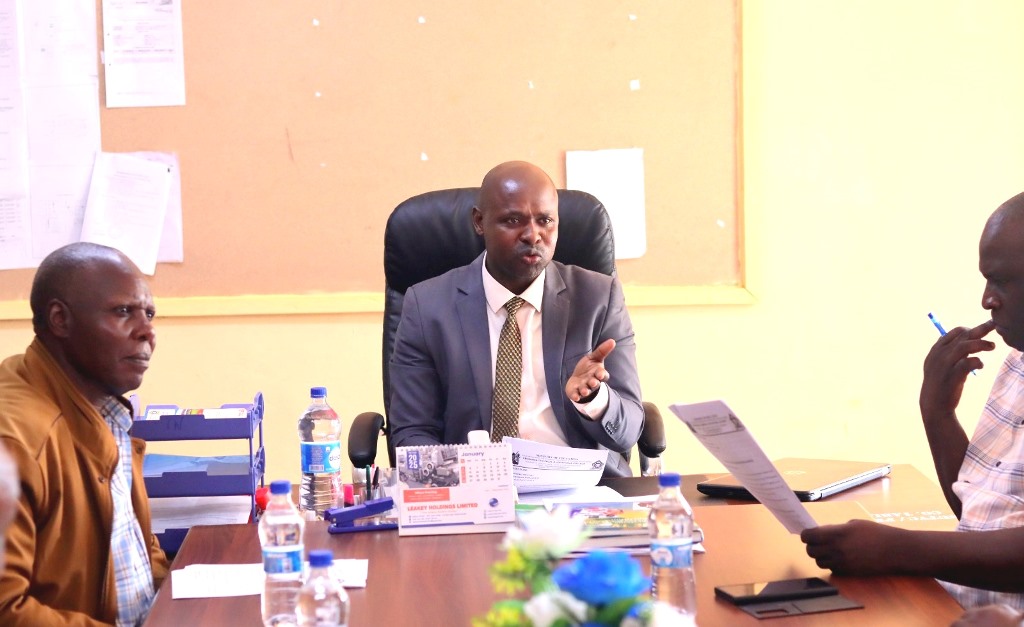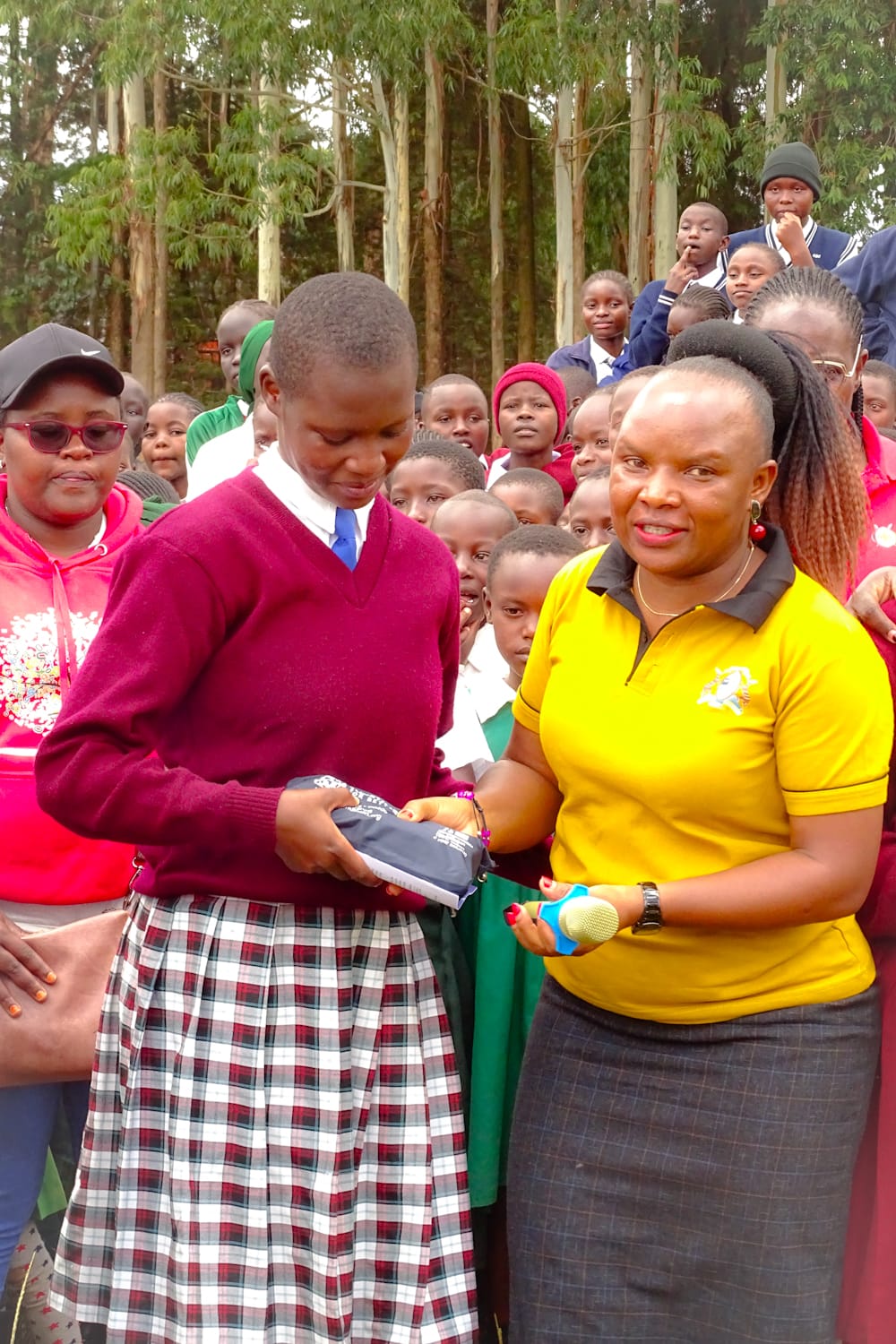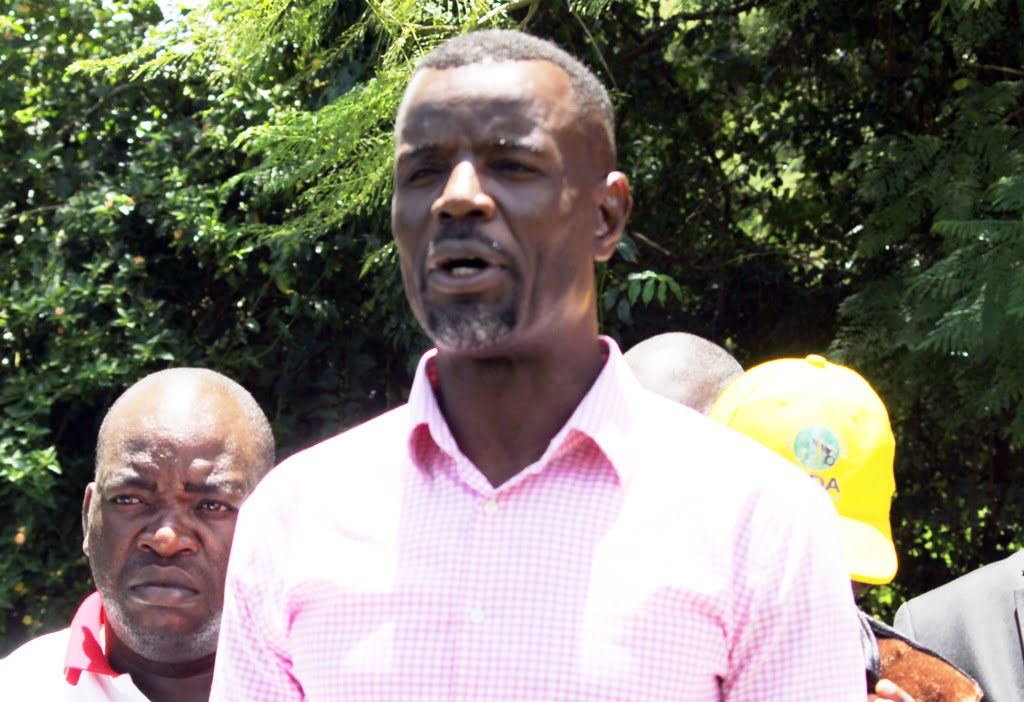The Ministry of Education (MoE) is on the spot over construction contracts of classrooms funded by the World Bank amounting to over KSh6 billion through overcharging and other violations.
A new audit conducted by the Auditor General cited the managers overseeing accounts of the projects funded by World Bank for breaking the law.
This casts doubt on taxpayers if they got value for money in the KSh6.7 billion spent by the ministry on the construction works.
Auditor General Nancy Gathungu has in the review revealed that full value for money may not have been realised from expenditure on the construction contracts valued at KSh 6,655,812,555
“Potentially more than KSh6 billion in overcharging and false invoicing for project management costs, consulting services expenses, and other oversight-related expenditures,” Gathungu said.
Professional consultants
Gathungu revealed that field visits by her office to Laikipia, Baringo, and Homa Bay counties established that no professional consultants were present at project sites, and work progressed without the required supervision demanded by the World Bank’s Secondary Education Quality Improvement Project regulations.
“Despite the education ministry approving consultancy fees totaling about KSh60 million to pay construction management consultants to help manage costs and control the project budget to avoid delays and lapses, the works were ongoing with no evidence of supervision. In the circumstances, the occurrence and accuracy of consultancy services expenditure of KSh60.3 million could not be confirmed,” she stated.
Management, details show, signed agreements with 25 contractors to build 1,506 classrooms, 863 laboratories, and 1,932 sanitation facilities.
The audit has cited poor workmanship in some of the projects which are at various stages in 30 select counties that had dire space constraints.
“Review of works done on the construction of laboratories for God Bura and Tonga Boys secondary schools in Homa Bay County revealed cracked and peeling off of the plastered floors,” the report reads.
She added that the gas and water system had not been connected to the laboratories. Although the defects had been noted by the school administration and reported to the contractors, no remedial work had been done.
Substandard quality
The field visit further established that desks, chairs and laboratory chairs supplied to some of the schools were of substandard quality.
Similarly, some of the wooden furniture had splinters and grains and were thus rejected by schools.
The contractor was not at the site at Marigat Integrated Day Secondary School during audit visit.
“Further, the laboratory was incomplete as electrical wiring and water piping had been done while the floors and walls were cracked,” she reported.
Some 267 projects in three counties worth KSh344 million had stalled, with the review establishing that 23 per cent of the projects were incomplete.
Tana River County had 67 stalled projects, 186 in Kwale and 14 in Taita Taveta.
“However, no satisfactory explanation has been provided. There is also no evidence of liquidated damages having been claimed from the contractors while the performance bonds have expired exposing the project to funds loss,” Gathungu reported.
The project’s status and progress report also indicated that 30 classrooms, 40 laboratories, four water projects and 471 sanitation blocks valued at KSh573 million had not been commenced as of 30 June 30, 2024.
“No explanations were provided for the delay in commencement of the works. In addition, liquidated damages had not been levied by the employer.”
She said that termination proceedings had not been commenced despite the contractor having abandoned the work for a period exceeding 28 days without evidence of authorisation by the project manager.
Performance bonds
Auditors established that projects under the extended contracts remained incomplete at the end of the financial year while the performance bonds for the contracts had expired without renewal.
The department is further on spot for not allowing schools to be part of the committee that approved the payments made so far.
Auditors established that a technical committee of three members was constituted to recommend payments for the 25 contractors.
The user department, specifically the schools, and the procurement function were not represented in the committee.
“There were no minutes of committee meetings and field inspection reports in support of payments,” auditors revealed.
It was revealed that the committee relied on the recommendations of the consultants to confirm the scope of works done in recommending the payments to the contractors.
Gathungu said the management broke Regulation 139 (3) of the Public Procurement and Asset Disposal Regulations, 2020 which states that payments shall only be made after an invoice or fee note is accurately raised and submitted in accordance with the provisions of the contract.
There were also no project status reports as prescribed by Regulation 138 (7) of the Public Procurement and Asset Disposal Regulations, 2020.
The audit review also established there was no risk register prepared by the committee on the risks identified and their likely impact on the projects.
Speaking on January 2 Dr Belio Kipsang, principal secretary for Basic Education said the government has so far constructed 13,200 classrooms against a target of 16,000.
The Ministry, he revealed, had a target of 11,000 classrooms, which will be completed before schools open. The NG-CDF had a target of 6,800.
By Felix Wanderi
You can also follow our social media pages on Twitter: Education News KE and Facebook: Education News Newspaper for timely updates.
>>> Click here to stay up-to-date with trending regional stories
>>> Click here to read more informed opinions on the country’s education landscape
>>> Click here to stay ahead with the latest national news.






